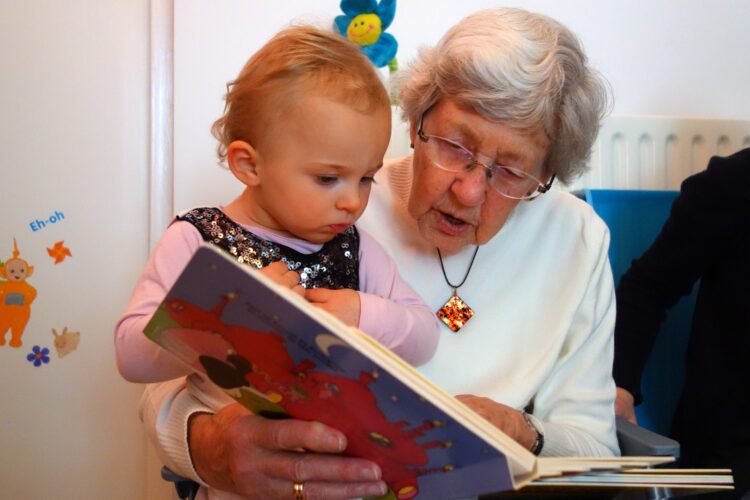With the medical community’s increasing understanding of the brain, it is now believed to be normal for aging to be accompanied by: mild memory loss concerning recent events; mild difficulty recalling names; misplacing objects; and slowed thinking (taking longer to find the answers to questions).
Dementia is Not Normal Aging
When memory loss progresses over time, and interferes with normal life, it goes beyond what would be expected as a part of normal aging. At this point, it may be evidence of a progressive memory loss disorder, or a “dementia.”
There are different types of dementias, with different causes.
-
- Alzheimer’s Disease or “Alzheimer’s” is the most common dementia in people aged 65 and above. According to the Alzheimer’s Association, the likelihood of developing Alzheimers almost doubles every five years after age 65. After age 85, the risk increases to nearly 50 percent.
- The second most common type of dementia is called “Vascular Dementia” or “Hardening of the Arteries.” This is a memory loss disorder that is usually the result of one large stroke or several very small strokes occurring over time. Vascular Dementia accounts for about 10-20% of all dementias.
- Other dementias include Pick’s Disease and Creutzfeldt-Jakob Disease.
For these “classic” dementias, there are no known cures.
Beware of the Dementia Look-Alikes
Because of the lack of known cures for dementias, people often think that there is nothing to be done about memory loss. That can be dangerous thinking.
Having memory loss that is beyond normal aging doesn’t mean that a person is suffering from a dementia. There are many other conditions that can cause memory loss, including thyroid disease, Parkinson’s, and even vitamin deficiencies. When memory loss develops rapidly (commonly called “Delirium”), it is usually caused by medication effect, or an infection or other medical condition. In many cases, if such a condition is caught early and treated, the memory loss can be reversed or at least halted.
Diagnosing the Cause
How can you tell the difference between a dementia and a different cause of memory loss? It’s often very difficult. Dont try to diagnose this yourself. When you see memory loss that interferes with normal life:
- Involve the family doctor, and dont delay. Waiting may reduce the chances of effective treatment for a non-dementia condition. The family doctor should obtain some tests to search for possible medical causes of forgetfulness (such as vitamin B12 deficiency, hypothyroidism, and syphilis). He or she should treat any abnormal findings.
- The list of medications should be reviewed, because medications can cause forgetfulness that can be reversed when the medication is stopped.
- If there is any evidence of depression or other psychiatric symptoms, a psychiatric evaluation should be pursued. Depression and other psychiatric disorders can often lead to decreased concentration, and can appear like a dementia, but often can be reversed with treatment.
- Continue to have follow-up evaluations with the family doctor, to monitor for any change (improvement or worsening) in the forgetfulness with time and treatment of any underlying medical problems.
Conclusion
The question: “I Can’t Remember Names – Do I Have Alzheimer’s?”
We recommend that you answer this way: “Not necessarily and I’m going to see my family doctor right away to check it out.”
Here are more information and assistance on Alzheimer’s:
UCLA Alzheimer’s and Dementia Care Program
www.uclahealth.org/dementia/
Telephone Number: 310-319-3222
Fax Number: 310-794-2113
Email: dementia@mednet.ucla.edu
Alzheimer’s Los Angeles
www.alzheimersla.org
Helpline: 844.HELP.ALZ (844-435-7259)
National Institute on Health, National Institute on Aging
www.nia.nih.gov/health/alzheimers
Updated on July 2020




